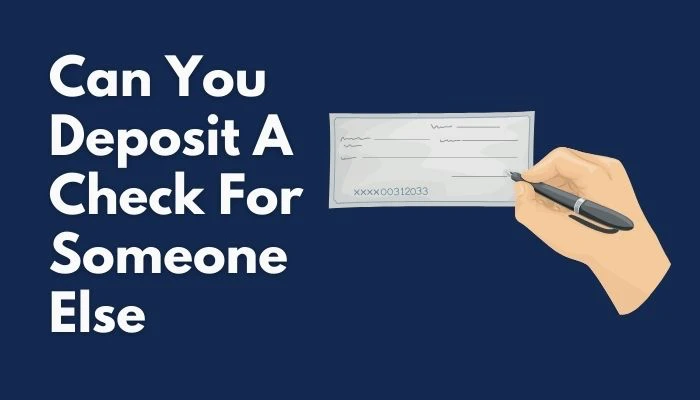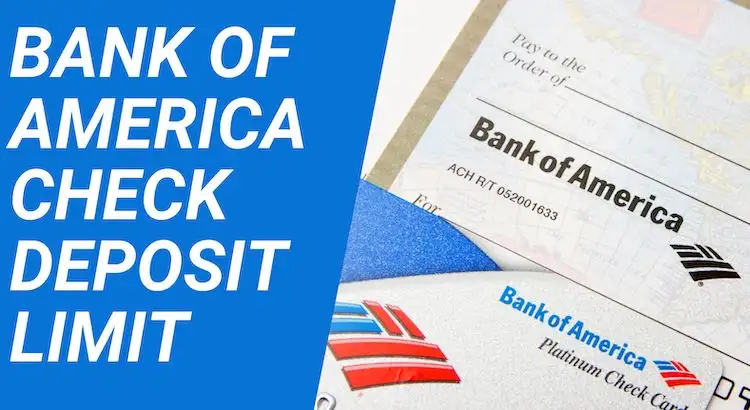Zelle is a fast, easy, and secure way to send and receive money with friends and family in the United States. However, if you don’t have a bank account, you may be wondering if you can still use Zelle. The answer is yes! There are a few ways to receive money from Zelle without a bank account.
5 best ways to receive money from Zelle without bank account
1. Use a prepaid debit card
To receive money from Zelle without a bank account, you can use a prepaid debit card. Some prepaid debit cards work with Zelle, such as: Netspend, Green Dot, Walmart MoneyCard, Bluebird and Chime.
To receive money from Zelle using a prepaid debit card, you’ll need to:
- Ask the sender to use your mobile number or email address associated with your prepaid debit card account.
- Once the sender sends the money, you’ll receive a notification from Zelle.
- Follow the prompts in the notification to accept the payment.
- The money will be transferred to your prepaid debit card account.
2. Use a money transfer service
Money transfer services like Western Union and MoneyGram allow you to receive money from Zelle, even if you don’t have a bank account.
To receive money from Zelle using a money transfer service, you’ll need to:
- Ask the sender to send the money to you using the money transfer service.
- Once the sender sends the money, you’ll receive a notification from the money transfer service.
- Visit a money transfer service location to pick up your money.
- You’ll need to provide your identification and the money transfer tracking number to pick up your money.
3. Use a cash pickup service
Cash pickup services like Walmart and CVS allow you to receive money from Zelle, even if you don’t have a bank account.
To receive money from Zelle using a cash pickup service, you’ll need to:
- Ask the sender to send the money to you using the cash pickup service.
- Once the sender sends the money, you’ll receive a notification from the cash pickup service.
- Visit a cash pickup location to pick up your money.
- You’ll need to provide your identification and the cash pickup tracking number to pick up your money.
4. Ask a friend or family member to receive the money for you
If you have a friend or family member who has a Zelle account, they can receive the money for you and then give it to you. This is a good option if you do not have a prepaid debit card or if you are not comfortable using one.
5. Use a peer-to-peer payment service
There are a number of peer-to-peer payment services that do not require a bank account. These services typically allow you to send and receive money using your mobile number or email address. Some popular peer-to-peer payment services that do not require a bank account include: Cash App, Venmo and PayPal Cash.
To receive money from Zelle using a peer-to-peer payment service, you will need to create an account with the service. Once you have created an account, the sender will be able to send you money using your mobile number or email address. You will receive a notification from the service when the money has been sent. To accept the payment, simply follow the prompts in the notification. The money will be transferred to your peer-to-peer payment service account.
Tips for receiving money from Zelle without a bank account
- Be sure to trust the person sending you money. Zelle is a secure service, but it’s important to be careful when sending or receiving money from people you don’t know.
- Be aware of the fees associated with each method. Prepaid debit cards, money transfer services, and cash pickup services may charge fees for receiving money.
- Be sure to read the terms and conditions of each service before using it. This will help you to understand the fees and the process for receiving money.
Can I accept Zelle without a Zelle account?
No, you cannot accept Zelle without a Zelle account. Zelle is a peer-to-peer (P2P) payment service that allows users to send and receive money quickly and easily using their mobile phone numbers or email addresses. To use Zelle, you must have a bank account in the United States.
If you do not have a bank account, you can still use Zelle to send money to others, but you will need to use a different payment method, such as a debit card or credit card. However, you cannot receive money from Zelle without a bank account.
If someone is trying to send you money from Zelle, they will be prompted to enter your mobile phone number or email address. If you do not have a Zelle account, they will receive an error message.
If you need to receive money from someone, you can ask them to use a different payment method, such as PayPal, Venmo, or Cash App. These services all allow you to receive money without a bank account.
Can I use Zelle if my bank doesn’t have Zelle?
Yes, you can use Zelle if your bank doesn’t have Zelle. To do this, you can download the Zelle app from the App Store or Google Play and create an account using your mobile phone number and email address. You will also need to link a debit card or credit card to your Zelle account.
Once you have created a Zelle account, you can send and receive money from anyone who has a Zelle account, regardless of whether their bank offers Zelle.
Can you use Zelle with a different bank?
Yes, you can use Zelle with a different bank. Zelle is a peer-to-peer (P2P) payment service that allows users to send and receive money quickly and easily using their mobile phone numbers or email addresses. Zelle is available at over 1,500 financial institutions in the United States, so you can use Zelle to send and receive money from people who bank at different banks.
To use Zelle with a different bank, you will need to create a Zelle account and link it to your bank account. You can do this through your bank’s mobile app or website. Once your Zelle account is linked to your bank account, you can send and receive money from anyone who has a Zelle account, regardless of whether they bank at the same bank as you.
To send money using Zelle, you will need to enter the recipient’s mobile phone number or email address and the amount you want to send. To receive money using Zelle, you will need to provide the sender with your mobile phone number or email address.
Once the sender has sent you money, you will receive a notification from Zelle. You can then accept the payment and the money will be transferred to your bank account.
Conclusion
There are a few ways to receive money from Zelle without a bank account. Using a prepaid debit card, money transfer service, or cash pickup service are all good options. The best method for you will depend on your individual needs.
Frequently Asked Questions (FAQ)
Can you accept Zelle without a Zelle account?
Yes, you can accept Zelle payments without a Zelle account, but only if you have a prepaid debit card with a U.S. mobile number associated with it. When the sender sends you the money, you will receive a notification from Zelle. Follow the prompts in the notification to accept the payment.
How can I receive money without a bank account?
If you do not have a bank account, you can receive money from Zelle using a prepaid debit card with a U.S. mobile number associated with it. When the sender sends you the money, you will receive a notification from Zelle. Follow the prompts in the notification to accept the payment.
How can someone send me money without Zelle?
There are a few ways someone can send you money without Zelle. They can use a different money transfer service, such as PayPal or Western Union. They can also send you a check or money order.
How do I accept money from Zelle?
To accept money from Zelle, you need to have a Zelle account. You can create a Zelle account through your bank’s mobile app or website. Once you have a Zelle account, you can share your email address or U.S. mobile number with the sender. The sender will then be able to send you money using their bank’s mobile app or website.
How do I receive money from Zelle?
To receive money from Zelle, you need to have a Zelle account. If you already have a Zelle account, the money will be deposited into your bank account associated with your Zelle profile, typically within minutes. If you do not have a Zelle account, you will receive a notification from Zelle. Follow the prompts in the notification to create a Zelle account and accept the payment.
Does Zelle work internationally?
No, Zelle does not work internationally. You can only send and receive money from Zelle to and from bank accounts in the United States.
What online bank works with Zelle?
Most major online banks in the United States work with Zelle. Some popular online banks that work with Zelle include: Chime, Ally Bank, Discover Bank, Marcus by Goldman Sachs, N26, Simple and SoFi Money.
Can I use Zelle without a debit card?
Yes, you can use Zelle without a debit card. You can use a bank account that is linked to your Zelle profile to send and receive money.
Does PayPal work with Zelle?
No, PayPal does not work with Zelle. PayPal is a different money transfer service.
Why can’t I receive money on Zelle?
There are a few reasons why you might not be able to receive money on Zelle. One possibility is that you do not have a Zelle account. Another possibility is that the sender is trying to send you money from a bank account that is not linked to Zelle. Finally, it is also possible that there is a problem with Zelle’s service.
What cards do Zelle accept?
Zelle accepts Visa and Mastercard debit cards. You cannot use a credit card to send or receive money with Zelle.

